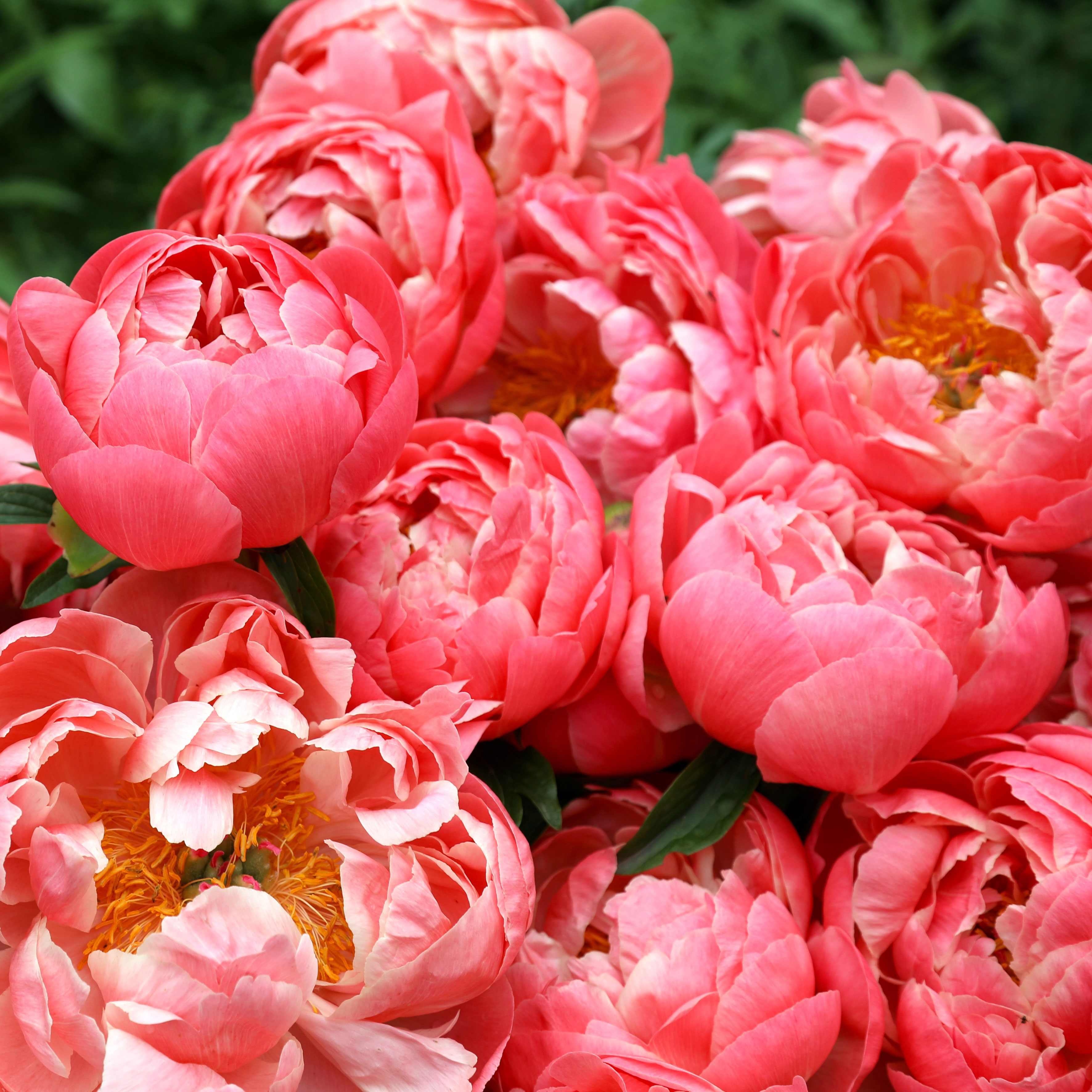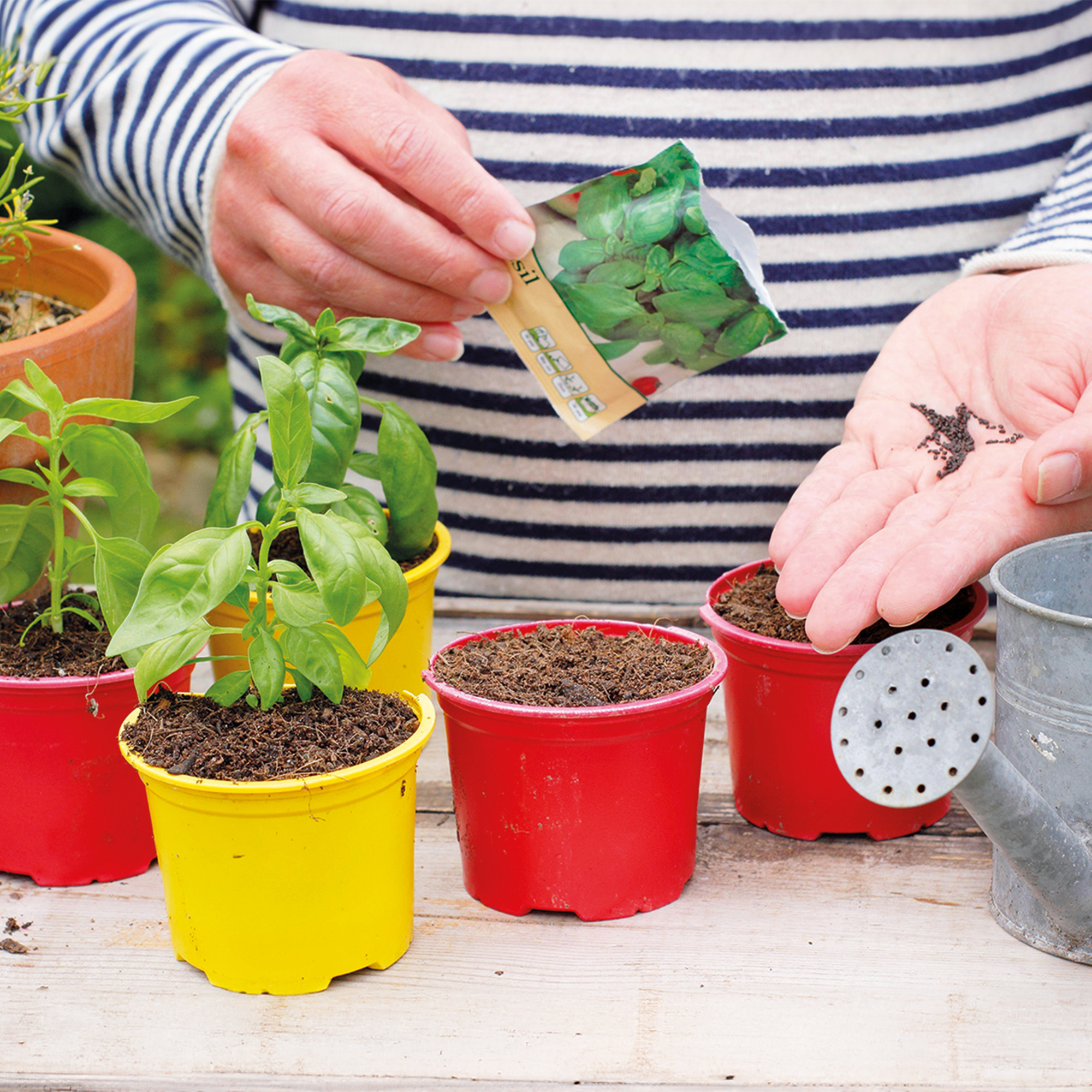Radish Bacterial Leaf Spot: Learn About Bacterial Leaf Spot On Radish Plants

Home-grown radishes are always better than what you can get in the grocery store. They have a spicy kick and tasty greens you can enjoy as well. If your plants are hit with radish bacterial leaf spot though, you’ll lose those greens and possibly the whole plant. Know how to spot and manage this infection.
What is Bacterial Leaf Spot of Radish?
Radish bacterial leaf spot is a disease caused by the bacterium Xanthomonas campestris. It may cause a mild infection that impacts the leaves only, but when severe, the pathogen can destroy the entire plant, ruining your crop. The bacteria are carried in infected seeds and in soil because of infected crop residue. Once you have an infected plant in your beds, the disease can spread by rain and insects. Radishes with bacterial leaf spot will show symptoms on their leaves and petioles. On the leaves you’ll see areas that look water soaked as well as small spots that are tan or white in color. The petioles will exhibit black, sunken spots that are elongated. In a severe case, the leaves will start to distort and wither and fall off prematurely.
Management of Radish Leaf Spots
There is no chemical treatment for radishes with bacterial leaf spot, so prevention and management is important. The conditions in which this infection thrives are warm and humid. The disease will set in when temperatures are anywhere between 41 and 94 degrees F. (5-34 C.), but it spreads and develops most strongly between 80 and 86 degrees F. (27-30 C.). You can reduce the risk of having leaf spot in your radish patch by using certified disease-free seeds or transplants. To prevent and manage the spread of the disease, cleaning out plant debris each year is also important, as the bacteria will survive in it and contaminate the soil. Avoid overhead watering, as the splashing can transfer the disease from soil to plant. Keep your plants well spaced and in raised beds. If you get a bad infection, it may help to rotate your crops every few years.
Gardening tips, videos, info and more delivered right to your inbox!
Sign up for the Gardening Know How newsletter today and receive a free copy of our e-book "How to Grow Delicious Tomatoes".

Mary Ellen Ellis has been gardening for over 20 years. With degrees in Chemistry and Biology, Mary Ellen's specialties are flowers, native plants, and herbs.
-
 ‘Coral Charm’ Peony Care For Sublime Semi-Double Peonies With Lush Salmon Pink Flowers
‘Coral Charm’ Peony Care For Sublime Semi-Double Peonies With Lush Salmon Pink FlowersPeonies are known for their soft baby pink or magenta tones, but if plushy coral blooms are your thing, here’s our guide to the ultimate ‘Coral Charm’ peony care
By Tonya Barnett
-
 How To Grow Seeds Quickly: 8 Expert Tricks For Fast Flowers & Crops
How To Grow Seeds Quickly: 8 Expert Tricks For Fast Flowers & CropsIt's never too late to start growing! Jump-start your flower or vegetable garden with these pro tips and tricks for germinating seeds in record time.
By Amy Grant